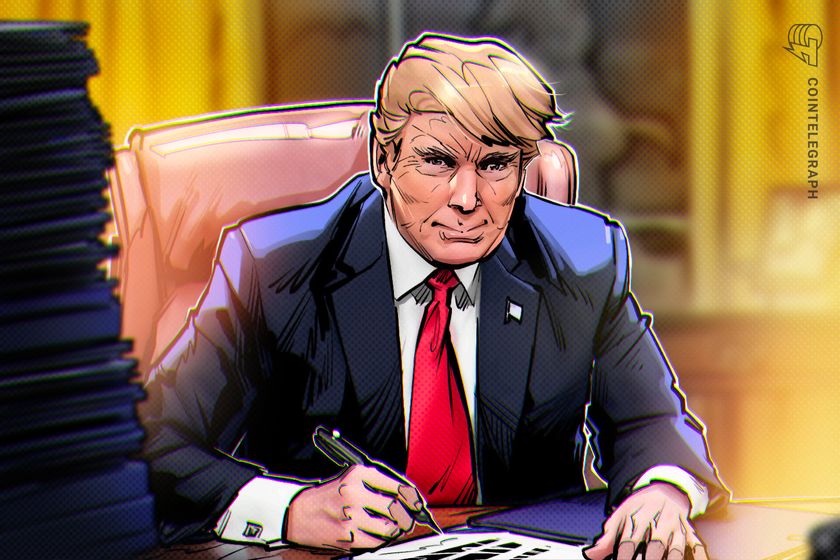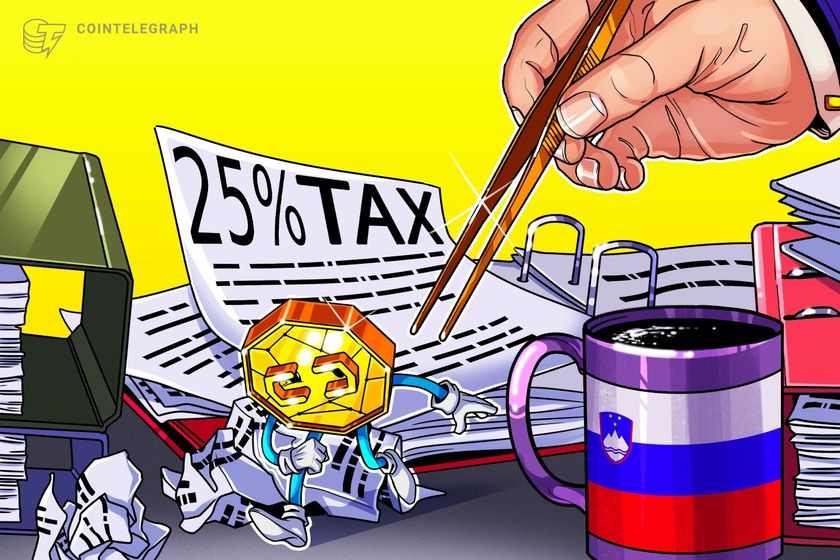

United States President Donald Trump has exempted an array of tech products including, smartphones, chips, computers, and select electronics from tariffs, giving the tech industry a much-needed respite from trade pressures.
According to the US Customs and Border Protection, storage cards, modems, diodes, semiconductors, and other electronics were also excluded from the ongoing trade tariffs.
“Large-cap technology companies will ultimately come out ahead when this is all said and done,” The Kobeissi letter wrote in an April 12 X post.
US Customs and Border Protection announces tariff exemptions on select tech products. Source: US Customs and Border Protection
The tariff relief will take the pressure off of tech stocks, which were one of the biggest casualties of the trade war. Crypto markets are correlated with tech stocks and could also rally as risk appetite increases on positive trade war headlines.
Following news of the tariff exemptions, the price of Bitcoin (BTC) broke past $85,000 on April 12, a signal that crypto markets are already responding to the latest macroeconomic development.
Related: Billionaire investor would ‘not be surprised’ if Trump postpones tariffs
Markets hinge on Trump’s every word during macroeconomic uncertainty
President Trump walked back the sweeping tariff policies on April 9 by initiating a 90-day pause on the reciprocal tariffs and lowering tariff rates to 10% for countries that did not respond with counter-tariffs on US goods.
Bitcoin surged by 9% and the S&P 500 surged by over 10% on the same day that Trump issued the tariff pause.
Macroeconomic trader Raoul Pal said the tariff policies were a negotiation tool to establish a US-China trade deal and characterized the US administration’s trade rhetoric as “posturing.”
Bitcoin advocate Max Keiser argued that exempting select tech products from import tariffs would not reduce bond yields or further the Trump administration’s goal of lowering interest rates.
Yield on the 10-year US government bond spikes following sweeping trade policies from the Trump administration. Source: TradingView
The yield on the 10-year US Treasury Bond shot up to a local high of approximately 4.5% on April 11 as bond investors reacted to the macroeconomic uncertainty of a protracted trade war.
“The concession just given to China for tech exports won’t reverse the trend of rates going higher. Confidence in US bonds and the US Dollar has been eroding for years and won’t stop now,” Keiser wrote on April 12.
This article does not contain investment advice or recommendations. Every investment and trading move involves risk, and readers should conduct their own research when making a decision.
Magazine: Trump’s crypto ventures raise conflict of interest, insider trading questions



